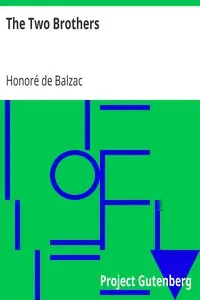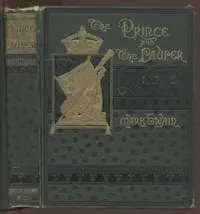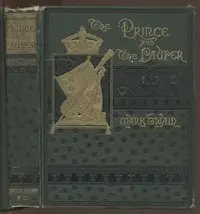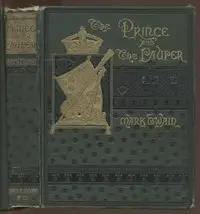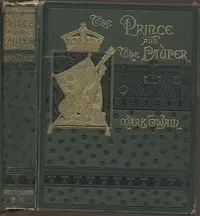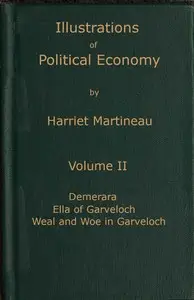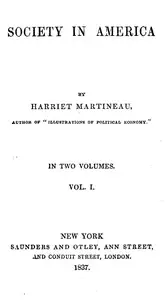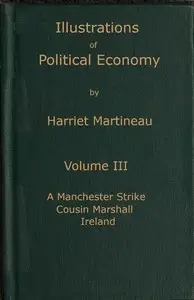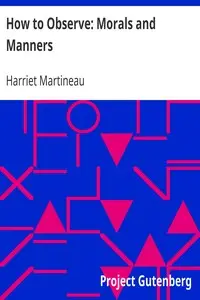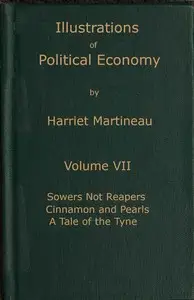"The Peasant and the Prince" by Harriet Martineau is a story set in France in the 18th Century. It shows the reader the struggles of the lower class compared to the wealth of the upper class. Charles and Marie, a young couple planning to get married, find their plans crushed by high taxes and hard times. When the Dauphiness visits their village of Saint Menehould, it shows just how different the lives of the peasants are from the royal family. Charles struggles to build a home for Marie because of the heavy salt tax, and Marie's family barely gets by while having to house soldiers. The prince's fate is tied to bigger political problems, showing a time of suffering amid political turmoil.

The Peasant and the Prince
By Harriet Martineau
Amidst the opulence of royalty, a young couple's dreams are threatened by crippling taxes and the looming shadow of societal collapse.
Summary
About the AuthorHarriet Martineau was an English social theorist. She wrote from a sociological, holistic, religious and feminine angle, translated works by Auguste Comte, and, rarely for a woman writer at the time, earned enough to support herself. The young Princess Victoria enjoyed her work and invited her to her 1838 coronation. Martineau advised "a focus on all [society's] aspects, including key political, religious, and social institutions". She applied thorough analysis to women's status under men. The novelist Margaret Oliphant called her "a born lecturer and politician... less distinctively affected by her sex than perhaps any other, male or female, of her generation."
Harriet Martineau was an English social theorist. She wrote from a sociological, holistic, religious and feminine angle, translated works by Auguste Comte, and, rarely for a woman writer at the time, earned enough to support herself. The young Princess Victoria enjoyed her work and invited her to her 1838 coronation. Martineau advised "a focus on all [society's] aspects, including key political, religious, and social institutions". She applied thorough analysis to women's status under men. The novelist Margaret Oliphant called her "a born lecturer and politician... less distinctively affected by her sex than perhaps any other, male or female, of her generation."

